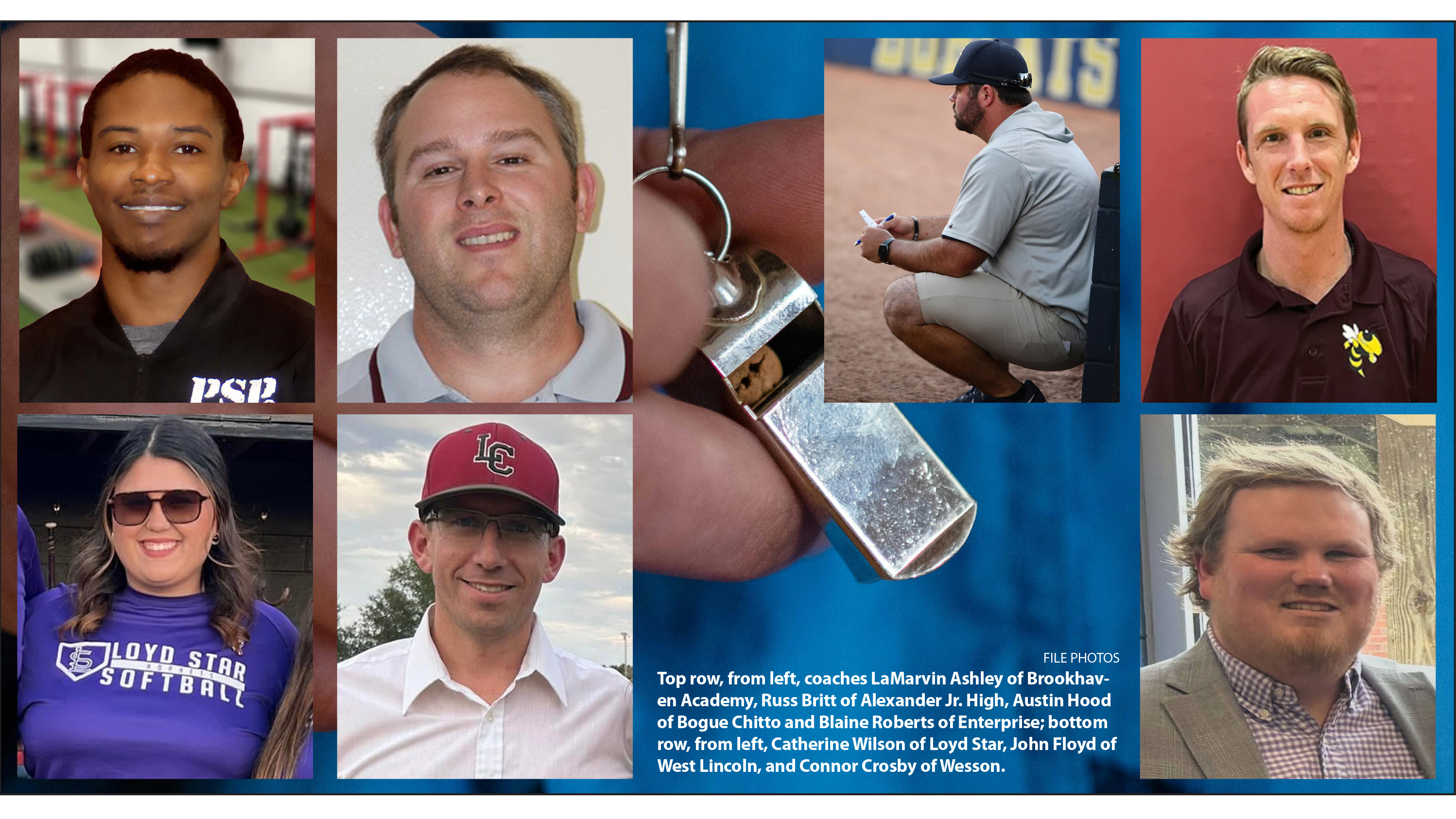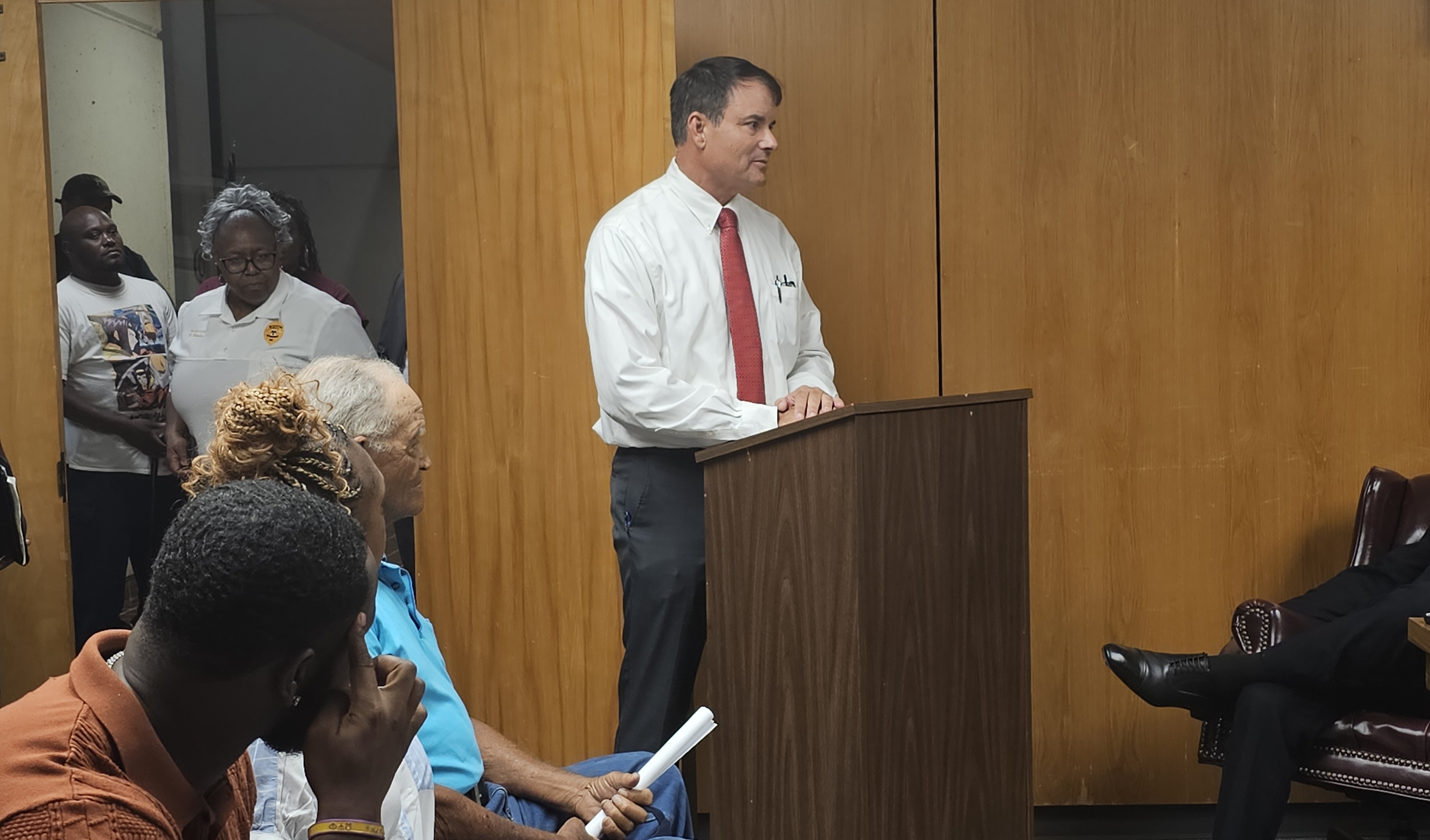Uncertainty forces layoffs at one facility
Published 5:00 am Friday, June 20, 2008
Hospital Administrator Lance Moak said the withholding ofDisproportionate Share Hospital and Upper Payment Limit fundscaused by the uncertainty over Medicaid resulted in a temporaryworkforce reduction and the scaling back of working hours at hisfacility last week.
Without the normally deposited DSH and UPL funds in place tohelp FCMH get through the low-revenue summer months – wheninpatient treatment hits yearly lows – the hospital has had totemporarily lay off approximately 10 mid-level personnel, likenurse aides and certified nursing assistants, and scale backworking hours for most per pay period from 80 to 64 for mostemployees.
“This year, we didn’t receive those funds, so when we hit ourdrop-off we didn’t have that money to fall back on,” Moak said.”Right now, I normally would have that money to supplement thehospital’s operations, but it’s not there this year and we’ve hadto reduce our workforce as much as we could to offset thedifference.”
Moak said the lack of DSH and UPL funds has caused the hospital tocome up $120,000 to $180,000 short, and very little money is comingin, as 88 percent of the hospital’s business is Medicaid/Medicarepatients. Those include low-income patients who are more likely todeal with their medical conditions at home during a time whenafflictions are not severe.
“My doctors are telling me that the acuity level of patients intheir offices has decreased,” Moak said. “Most of what they’reseeing is allergies, ear aches and common colds. When you’re seeing88 percent Medicaid/Medicare patients on fixed income, by the timethey pay for gas, food and their medicine, they don’t have anymoney left to come to the doctor or go to the hospital.”
Despite FCMH’s personnel reduction, Moak said hospitaloperations are ongoing and all departments remain open to thepublic.
“We’re still operating all the departments, we’re just doing itwith skeleton crews,” he said. “It hasn’t affected our services atthis point, but any further cuts in our cash flow will bedetrimental to some of our services.”
Moak said FCMH has “covered the floor” with nurses, who now bear anincreased workload as they pull the duties of laid-off assistantsas well as their own. He said the hospital personnel are consciousof the new demands on the medical staff and all employees arehelping each other.
“Everyone is chipping in from every end of the hospital,” Moaksaid.
Moak said it remains unclear exactly how much money FCMH will beable to save with a reduced workforce, as a pay period has notarrived since the cuts were made. The temporary layoffs will remainin effect until the volume of patients increases, he said, andthose who have been let go will be awarded their old positions whenthe crunch ends.
Hospital and legislative officials speculate that Medicaid iswithholding the MSH and UPL payments in an effort to conserve andprepare for any possible outcome regarding the funding of theprogram. However, Medicaid will not be affected by a fundingshortage until next year, and many officials feel uneasy about theabsence of the payments.
“Last year, they didn’t make the payments until January 2008,” Moaksaid. “When we got the money, we went back and caught everythingup. This year, we need that money now. We can’t wait until January2009 like we did last year.”
Since the DSH and UPL payments are made at the same time statewide,King’s Daughters Medical Center has also been forced to operatewithout the reimbursements. KDMC Chief Executive Officer AlvinHoover said none of the payments, which are supposed to bedistributed by the end of the fiscal year on June 30, have beenmade.
“They’re not doing that,” Hoover said. “We should have had two lumpsum payments so far for fiscal year 2008, and we haven’t seen anyof that this year.”
Lawrence County Hospital Administrator Semmes Ross said hishospital has been noticeably impacted by the lack of DSH and UPLpayments, but the situation is not as harsh, as LCH is owned bySouthwest Mississippi Regional Medical Center in McComb – a largerhospital better suited to take the financial punishment.
“As a bigger hospital, they have a little more cash flow,” Rosssaid. “But it still hurts us because it hurts them.”
District 92 Rep. Becky Currie, R-Brookhaven – herself a lifelongmember of the medical field and a representative of FCMH and KDMC -said late Medicaid payments are a common problem for Mississippihospitals.
“I don’t know why Medicaid is not paying their bills,” she said.”They’re probably preparing for the deficit, but they haven’t paidtheir bills on time in a very long time.”
Currie said late Medicaid payments are one of the reasons why sheplans to support Senate Bill 2013 – the legislation containing thelatest hospital assessment plan for funding Medicaid’s $90 millionshortfall – when the Legislature reconvenes next Thursday.
“One of the things this bill does is state that Medicaid has to payhospitals within 10 days of receiving the paperwork,” she said.”One of the biggest complaints hospitals have about the Departmentof Medicaid is that they don’t pay their bills on time. SB 2013solves that problem forever.”




